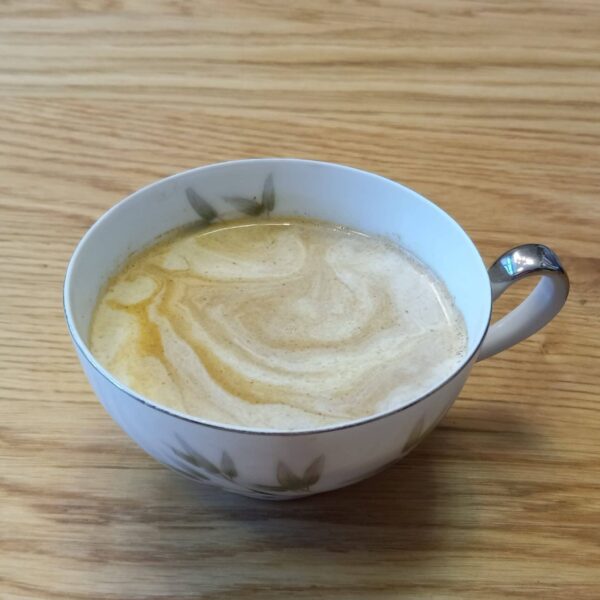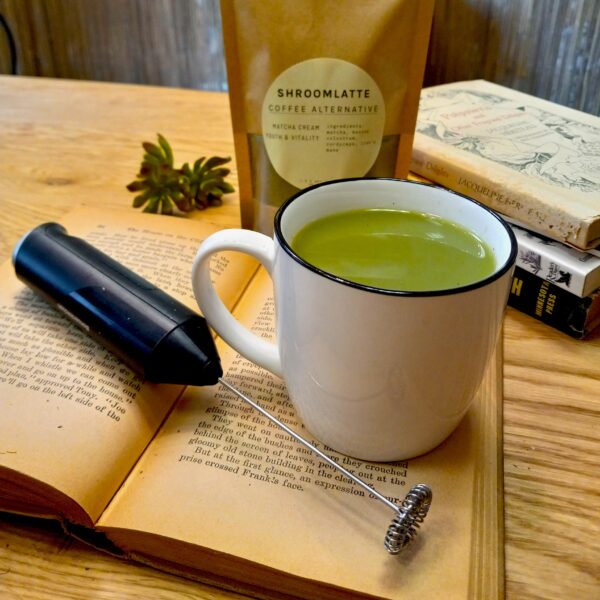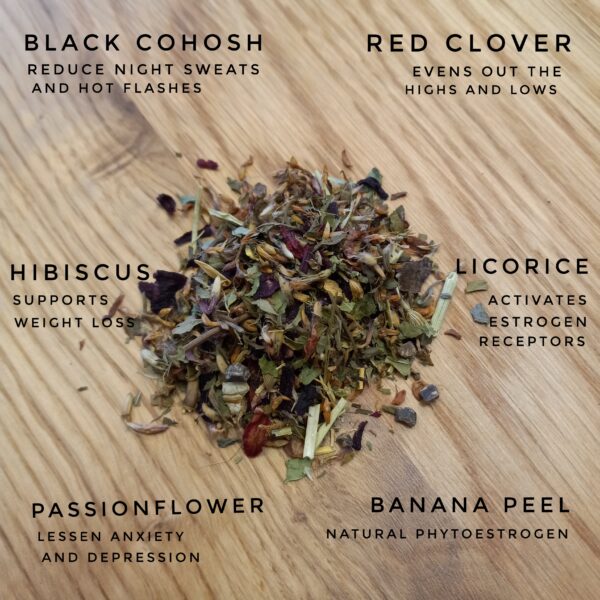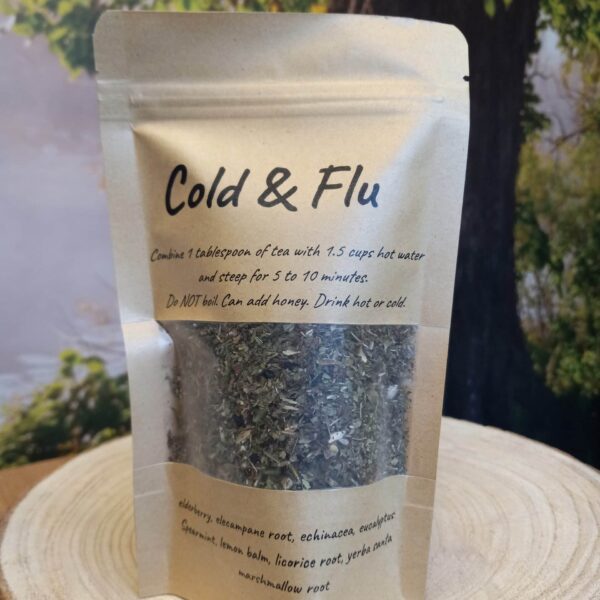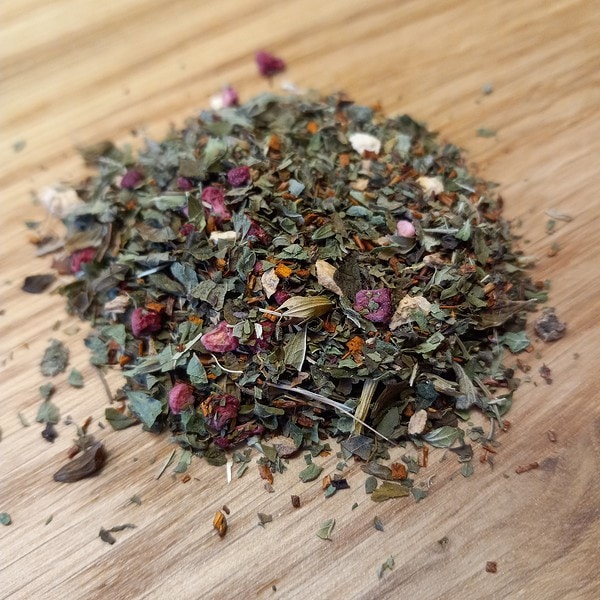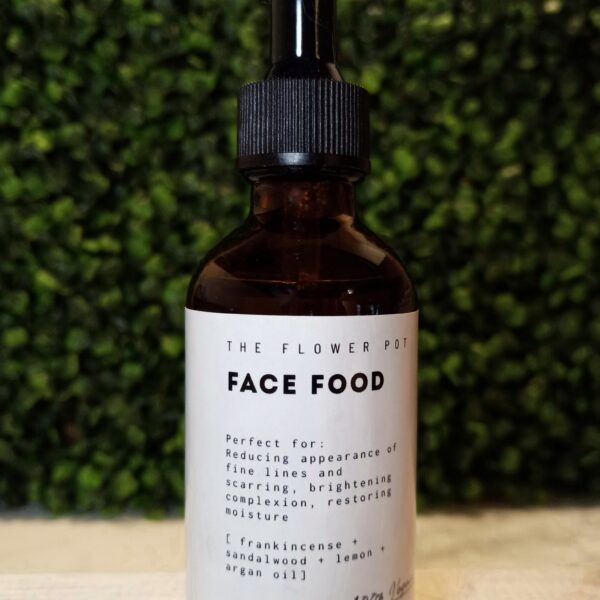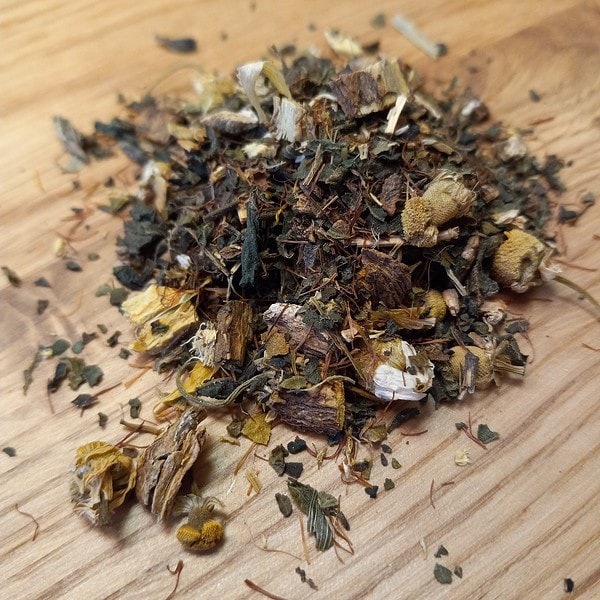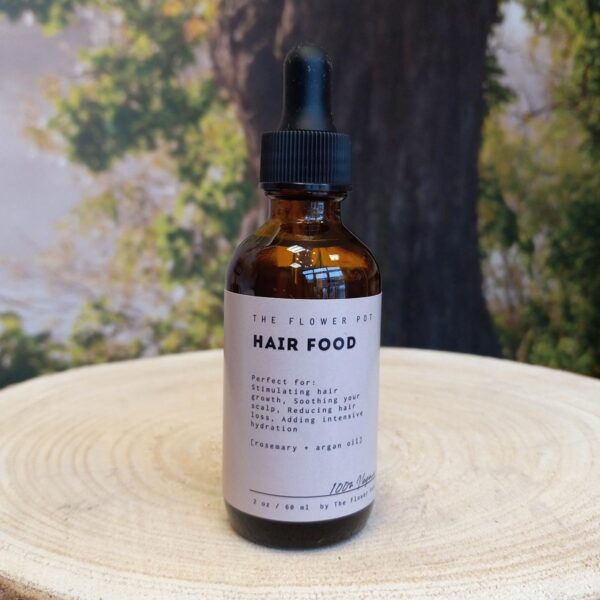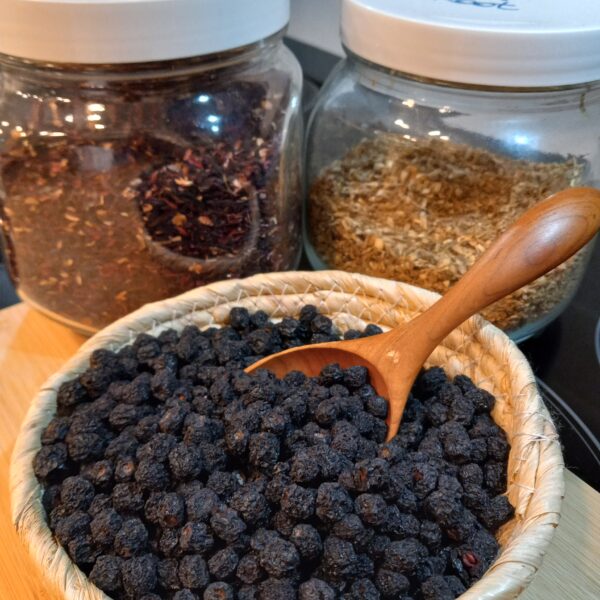Cold and flu season (and its unwelcome entourage like RSV, strep, and pneumonia) just won’t seem to go away this year. Before you reach for the sugary syrup, consider this: research suggests many cough medicines are no better than a placebo!
Enter the realm of herbal remedies – nature’s gentler path to relief. Let’s explore three promising options: mullein leaf, elecampane, and the classic honey-lemon duo.
Mullein Leaf: A Tall Herb with Mighty Potential
Mullein leaf, a traditional herbal remedy with tall, hairy stalks and yellow flowers, is gaining popularity for its potential health benefits. Used for centuries to ease respiratory issues like coughs and asthma, recent research suggests further potential in reducing inflammation, providing antioxidants, and even fighting infections.
Potential Benefits of Mullein Leaf:
- Eases respiratory issues: Mullein leaf has been used for centuries to treat coughs, asthma, and other respiratory problems. It’s thought to work by thinning mucus and reducing inflammation in the airways.
- Reduces inflammation: Mullein leaf contains compounds that may help reduce inflammation throughout the body. This could be beneficial for various conditions, such as arthritis and autoimmune diseases.
- Provides antioxidants: Mullein leaf is a good source of antioxidants, which can help protect cells from damage caused by free radicals. This may help reduce the risk of chronic diseases like cancer and heart disease.
- Fights infections: Some studies suggest that mullein leaf may have antibacterial and antiviral properties. However, more research is needed to confirm these effects.
Who should skip mullein leaf? Pregnant and breastfeeding women, those with serious liver or kidney issues, individuals with weakened immune systems, children, and people taking certain medications.
Elecampane: A Flowering Powerhouse
This vibrant herb, adorned with large yellow blooms and a potent root, has a long history in traditional medicine. Its expectorant properties make it a favorite for easing coughs, bronchitis, and even tuberculosis. But elecampane offers more: its inulin content nourishes gut health, while its sesquiterpenes possess anti-inflammatory benefits.
Potential Benefits of Elecampane:
- Respiratory issues: Elecampane has long been used to aid coughs, bronchitis, and even tuberculosis. Its expectorant properties help clear mucus and ease congestion.
- Digestive issues: Elecampane’s inulin content promotes gut health and may soothe conditions like bloating and indigestion.
- Inflammation: Sesquiterpenes in the root possess anti-inflammatory properties, potentially benefiting various conditions like arthritis.
- Early studies suggest antibacterial and antifungal properties, pointing towards potential uses in respiratory infections.
- Elecampane’s inulin could offer prebiotic benefits and support gut health.
- Sesquiterpenes may reduce inflammation, but more research is needed to confirm its effectiveness.
Who should steer clear of elecampane? Pregnant and breastfeeding women, children under the age of 4, and individuals with severe liver or kidney disease should avoid it. Additionally, be mindful of potential interactions with blood pressure or blood sugar medications.
Honey and Lemon: A Sweet and Tart Duo for Cough Relief and Sore Throats
The classic combination of honey and lemon offers a surprisingly effective natural remedy for coughs. Honey’s thick consistency soothes the throat and reduces the urge to cough, while lemon’s vitamin C, antioxidants, and potential mucus-breaking properties provide further relief. Combining these two ingredients in a warm drink, especially before bed, can be particularly helpful.
Potential Benefits of Honey and Lemon:
- Cough Calmer: Studies suggest honey’s thick consistency coats and soothes the throat, reducing the urge to cough. It may even be more effective than certain cough medicines.
- Anti-inflammatory: Honey’s natural properties help quell inflammation, potentially easing throat soreness associated with coughs.
- Immune Booster: While not a cure-all, honey’s antibacterial and antiviral properties may offer a subtle immune boost during infections.
- Vitamin C Powerhouse: Lemons are rich in vitamin C, a vital nutrient for a strong immune system, crucial for fighting off cough-causing infections.
- Antioxidant & Anti-inflammatory: Lemons boast powerful antioxidants and anti-inflammatory properties, further aiding in soothing throat irritation.
- Mucus Management: Lemon’s potential to break down mucus can make it easier to expel, providing additional cough relief.
- Taste Triumph: Their complementary flavors make lemon and honey an enjoyable remedy, unlike many traditional cough medicines.
Honey Holds a Caution: Honey is not safe for babies under one year old due to the risk of infant botulism. Diabetics, remember to factor honey’s sugar content into your daily limit.
TL;DR
Overall, herbal remedies like mullein leaf, elecampane, and honey and lemon (and many, many other botanicals) offer promising alternatives to conventional cough treatments. I urge people to have herbal remedies on hand before you need them. Nothing’s worse than feeling awful and trying to go to a store or wait a few days for your remedy to be delivered.
I offer two different teas to help ease cold and flu symptoms: Cold & Flu and Throat Soother. Not the most imaginative names, but each tea is a carefully selected blend of herbs which work well together. I favor use of elecampane because, from what I’ve observed over the years, it seems to work the best for the widest range of people and coughs. However, no matter where you get your herbal cold and flu remedies from, get it now and be prepared for when “what’s going around” goes around your house – again.
Disclaimer: This information is intended for educational purposes only and should not be considered medical advice. Please consult your healthcare provider for personalized guidance.
Join Our Mailing List!
Sign up and be the first to know about specials, promotions and our latest articles on health and wellness.
Cara Schulz
Cara Schulz, a cancer survivor and green tea lover, has opened The Flower Pot, a holistic wellness shop in Burnsville that offers products ranging from medicinal teas and wellness tonics and herbal tinctures.


